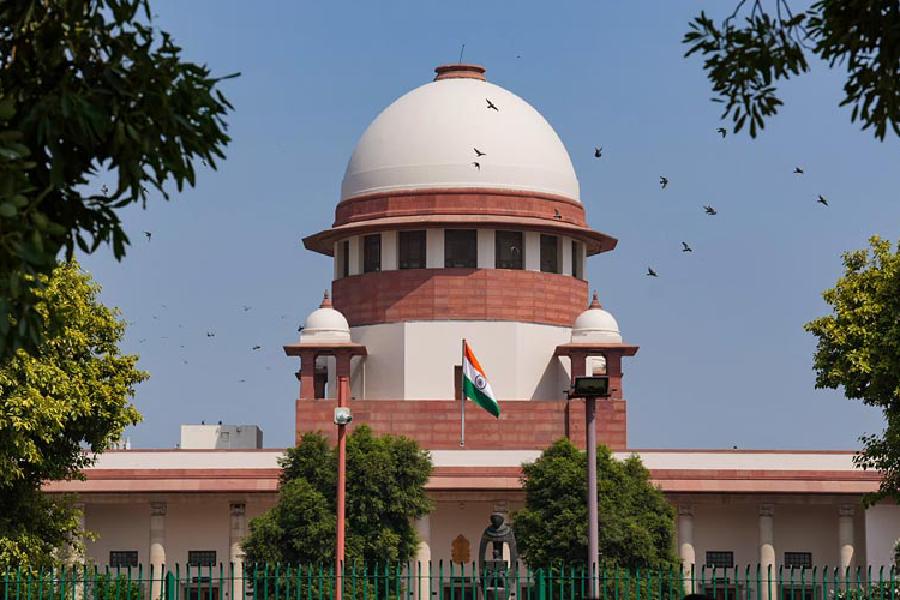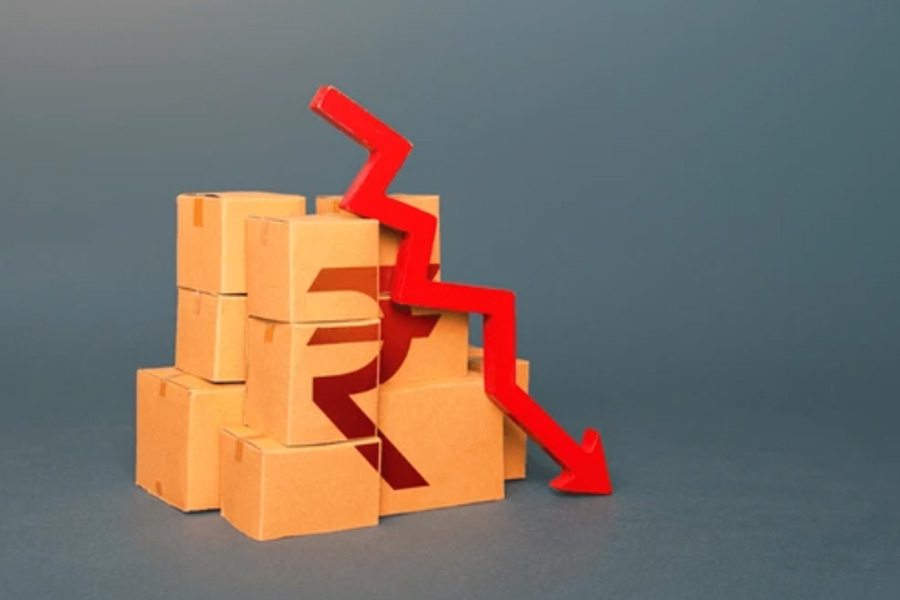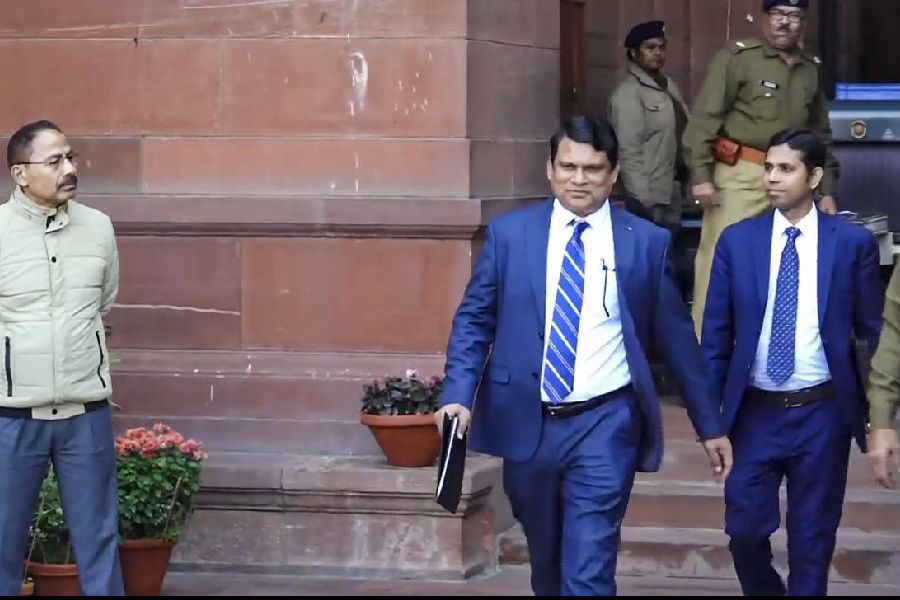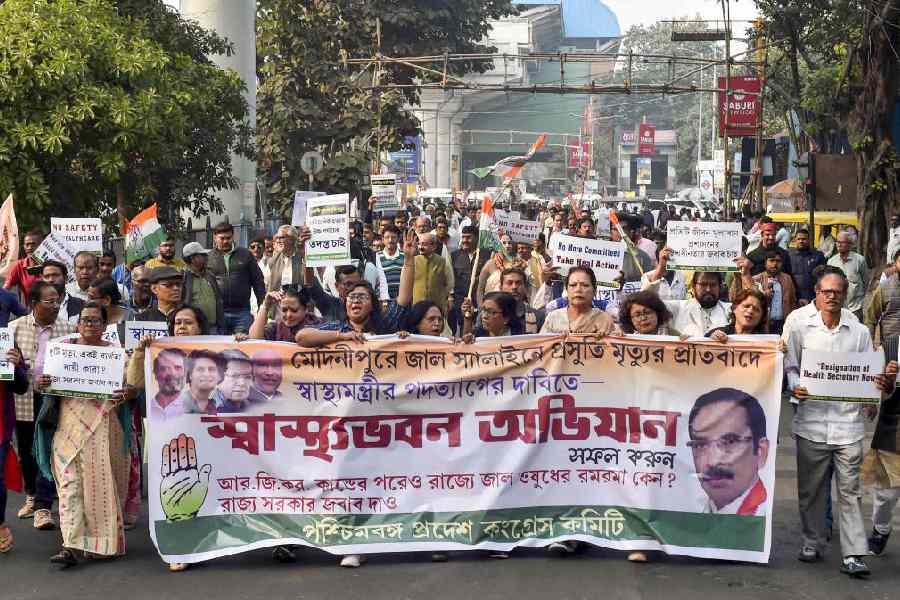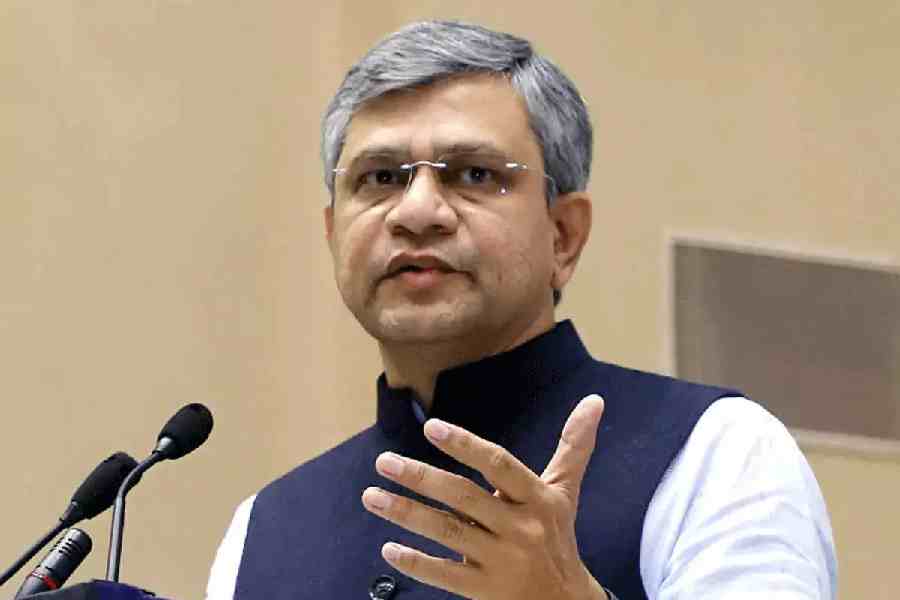Artificial Intelligence has now made its way into the Indian judiciary through software meant to provide live transcriptions of court hearings. It is in line with a series of steps undertaken in the last few years, such as live-streaming of hearings, e-courts and so on, to ensure better courtroom coverage.
The Supreme Court is in the process of developing a platform as well as formulating rules for live streaming. The service is now in its trial phase and has been employed only in the courtroom of the Chief Justice of India. TERES, a company that has been supplying this facility to arbitration practitioners, is providing the transcription service to the Supreme Court. The judiciary aims to provide lawyers with the transcript and also upload the same on its website to grant citizens greater access to courtroom proceedings. In the United States of America and the United Kingdom, court transcripts are available to litigants and the public.
However, there is a view that the software presents a range of privacy risks as it will record every word spoken in the courtroom and will store the data on its server. Data in the form of personal information that can be used to identify individuals can be divided into two categories. The first category is voice content, which may include personal information such as names, dates or addresses. The second category is voice recognition, which uses biometric technology to identify unique human characteristics. Unlike IDs or passwords, biometric identifiers like voice, fingerprint,or iris cannot be easily replaced or discarded. This becomes a cause of concern in a world plagued by cyber-attacks, identity theft, and phishing.
The issue becomes significant in rape cases where it is necessary to conceal the identity of the parties. The entire purpose of protecting the identity of the rape victim or the survivor would become redundant if the identity of the person is somehow revealed. One of the most crucial conundrums within the ambit of crimes relating to rape and trafficking is whether the name of the victim should be disclosed in light of public interest or remain anonymous to ensure a fair trial.
Human involvement is a necessary evil for the improvement of language processing. The most common practice involves reviewing randomly selected parts of voice recordings to verify whether the speech-to-text software processed the voice requests correctly. Training personnel listen to the audio, transcribe it, annotate it, and convert it into material that can be used for training voice-recognition algorithms. Earlier, the data were limited to the courts. But the employment of third-party software data raises the risk of data leak and data misuse.
In State of Karnataka vs Puttaraja, the Supreme Court reiterated that the restriction under Section 228A of the Indian Penal Code was intended to ensure that the disclosure of the identity of the victim involved in certain types of offences is punishable. Keeping in view the objective of preventing the victimisation of the victim of a sexual offence for which Section 228A has been enacted, it was deemed appropriate that the courts should not indicate the name of the victim in their judgments. The Protection of Children from Sexual Offences Act, 2012 also endorses the concealment of the identity of the victim.
The apex court held the right to privacy as a fundamental right in the Puttaswamy case. The judiciary should take appropriate steps to prevent the chances of the violation of privacy before launching this software across courts. It has to strike a balance between accessibility to courts and the right to privacy. One way in which this can be done is by mandating the deletion of data from the servers after a reasonable time. The judiciary must be cautious in its application of the software in sensitive matters in the absence of a data protection law.
Bhuvnesh Kumar and Sharad Panwar are students at National Law University, Jodhpur

